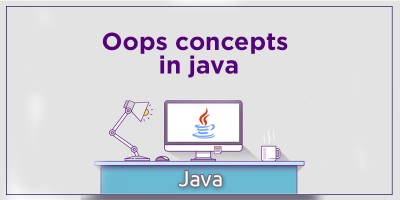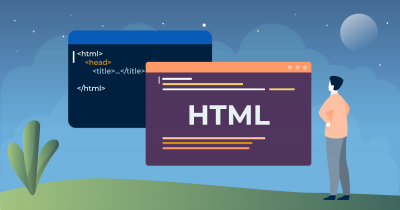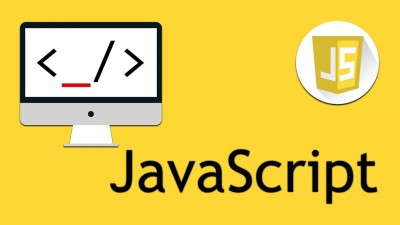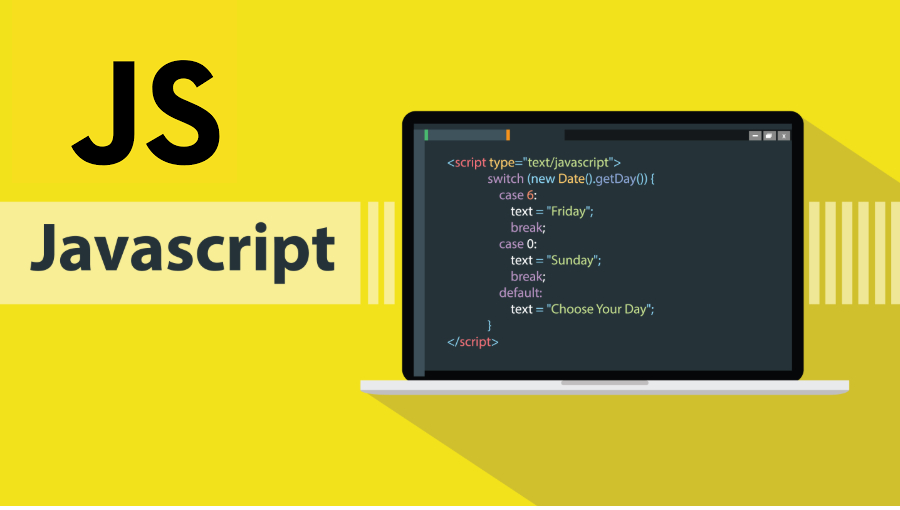Object-Oriented Design in Java I
Lecture Details This is actually called lecture 2 but its really the first OO Design in Java PowerPoint Live presentation for OO Design In Java at ITU. Its also the first video for this class which is why I labeled it lecture 1. The lecture covers the Object and Class concept. It was given live at ITU. Its unedited so please disregard my calls to people in the back to "keep it quite" during the lecture. Next time I plan to use a better microphone as well.
English
Last updated
Mon, 25-Jul-2022



















